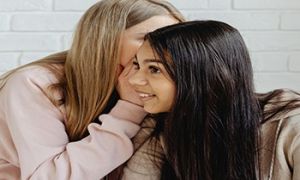At its simplest, Bullying is when a person deliberately and repeatedly hurts someone else. But the consequences, ranging from physical to emotional and behavioural, are anything but simple – both for the bully and victim. As educators, here is how you can prevent bullying in the early childhood setting.
Strategies For All Children:
- Using learning programs to let children know what is bullying, how to recognise it and why it is unacceptable.
- Including cyber-bullying as a type of bullying behaviour since it might be a misconception that unless face-to-face interactions are involved, behaviour cannot qualify as bullying.
- Encouraging children to talk if they feel uncomfortable, bullied or intimidated online
- Teaching them age-appropriate strategies for blocking, deleting, reporting bullies online
- Making clear rules and consistent consequences for all children
- Letting children know that it is okay to tell a trusted adult if someone is bullying them
- Praising children when they play cooperatively with others
- Strategies for helping children being bullied include:
- Supervising vulnerable children when playing in pairs or groups
- Teaching social and emotional learning to children so that they know how to stand up to bullies and use dynamics of peer approval to discourage bullies.
Strategies For Helping Children Engaging In Bullying Behaviour Include:
- Increasing supervision when the child is with other children
- Talking to the child in a way that helps them to understand what a child being bullied goes through – the fear, physical symptoms like head hurting and upset tummy. Then ask the child how they would feel if all this was happening to them every day.
- Discussing with the child what they think might help them to stop bullying
- Teach the child social skills so that they can join games and group activities in a friendly way, without using aggression or threatening behaviour. For example, they can follow steps like first observing a game and the other children, then looking for a natural break in the game, choosing a person with a friendly face and then asking them if they can join as well.
- Teaching the child emotional skills for better self-regulation and impulse control.
- Using appropriate behaviour guidance like removing the child from the scene of trouble or allowing a “time-out” to reflect on their actions.
- Praising the child when they play cooperatively with others
- If classroom strategies do not seem to help, enrol the child in a group program so that they learn to manage their behaviour.
Finally, educators need to work with all key stakeholders when addressing bullying issues. While administrators/coordinators can afford valuable help with developing, and reviewing policies and procedures related to bullying, other staff can ensure adequate supervision to ensure the care setting is free of such behaviours. Above all, the service needs to have ongoing and collaborative partnerships with families so that parents can support their children with love, reassurance and guidance.


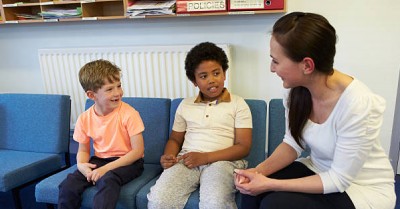
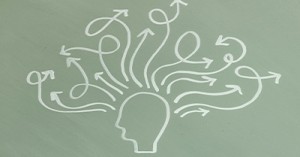

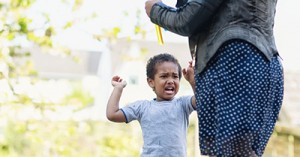
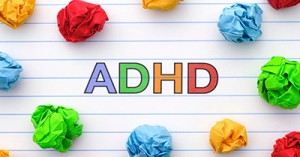
 Open ended questions cannot be responded to with one word answers such as yes or no. These types of questions enables a child to provide
Open ended questions cannot be responded to with one word answers such as yes or no. These types of questions enables a child to provide During your child’s preschool years, an important milestone begins to emerge. This is the development of pre-writing skills. Pre-writing skills are used to encourage, develop
During your child’s preschool years, an important milestone begins to emerge. This is the development of pre-writing skills. Pre-writing skills are used to encourage, develop Open ended materials enables children to play freely. They are objects that have no rules to follow, use or function. Raw materials that can be
Open ended materials enables children to play freely. They are objects that have no rules to follow, use or function. Raw materials that can be An Acknowledgment of the Country is a way of showing respect for the Traditional Owners and can be given by both non-Indigenous people and Aboriginal
An Acknowledgment of the Country is a way of showing respect for the Traditional Owners and can be given by both non-Indigenous people and Aboriginal Language plays an important role in a child’s development. It enables a child to communicate effectively with their family, learn at school, socialize with friends,
Language plays an important role in a child’s development. It enables a child to communicate effectively with their family, learn at school, socialize with friends, Like adults, children have to deal with their own stress in life. Moving house, starting a new school, preparing for a new sibling - these are
Like adults, children have to deal with their own stress in life. Moving house, starting a new school, preparing for a new sibling - these are Playdough is such a versatile material. It provides numerous benefits to children as they manipulate it, it is safe and soothing and provides children with
Playdough is such a versatile material. It provides numerous benefits to children as they manipulate it, it is safe and soothing and provides children with Teaching children about sustainability enables them to appreciate and respect the natural environment. Early childhood services can provide meaningful hand on learning experiences in order
Teaching children about sustainability enables them to appreciate and respect the natural environment. Early childhood services can provide meaningful hand on learning experiences in order Recycling is an important concept that teaches children to care for the environment. It encourages children to be responsible and show a growing appreciating for
Recycling is an important concept that teaches children to care for the environment. It encourages children to be responsible and show a growing appreciating for When children apply paint to paper, glue things together, or pound a lump of clay, they experiment with colour, shape design and texture.
When children apply paint to paper, glue things together, or pound a lump of clay, they experiment with colour, shape design and texture.
